Romantic comedies are addicting. Even though studies have shown that rom-coms peddle unrealistic and harmful ideals about love, they're still one of the most popular movie genres for a reason. Romantic comedies are escapist films: They let all movie-goers navigate an alternative world where all love woes can be solved in less than three hours.
Romantic comedies like "You've Got Mail," "Two Can Play That Game," "Pretty Woman," "Boomerang," and "When Harry Met Sally," are still in Friday night rotation for that exact reason. However, these movies all have common elements and themes that are a disservice to women.
Here are nine romantic comedy tropes that Hollywood just can't seem to abandon:
Kisses in the rain redeem any man's flaws.

The "kissing in the rain" scene appears in many rom-coms, including "The Notebook," "Breakfast at Tiffany's," and "Four Weddings and a Funeral." It's supposed to set hearts aflutter while also moving the plot forward, but it really ignores a bigger issue: Does the kiss transform a flawed man?
No. His issues are still unresolved. No hot lip-lock can solve rampant relationship problems.
He will show up to fix your relationship — even if he has to interrupt your travel plans to do it.
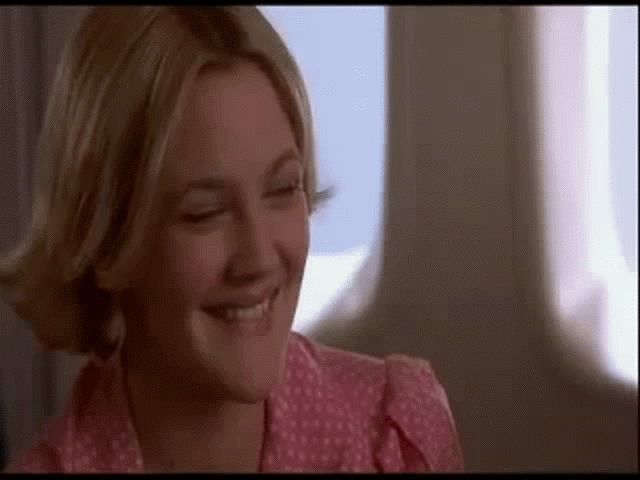
In "Love Jones," it's a train. In "The Wedding Singer," it's a plane. Whenever a rom-com's female protagonist is fed up, the man will impede on her attempt to move forward. It's possessive, no matter how cute the song Adam Sandler sings is.
The love of your life is someone you've never noticed, like your neighbor or best friend.
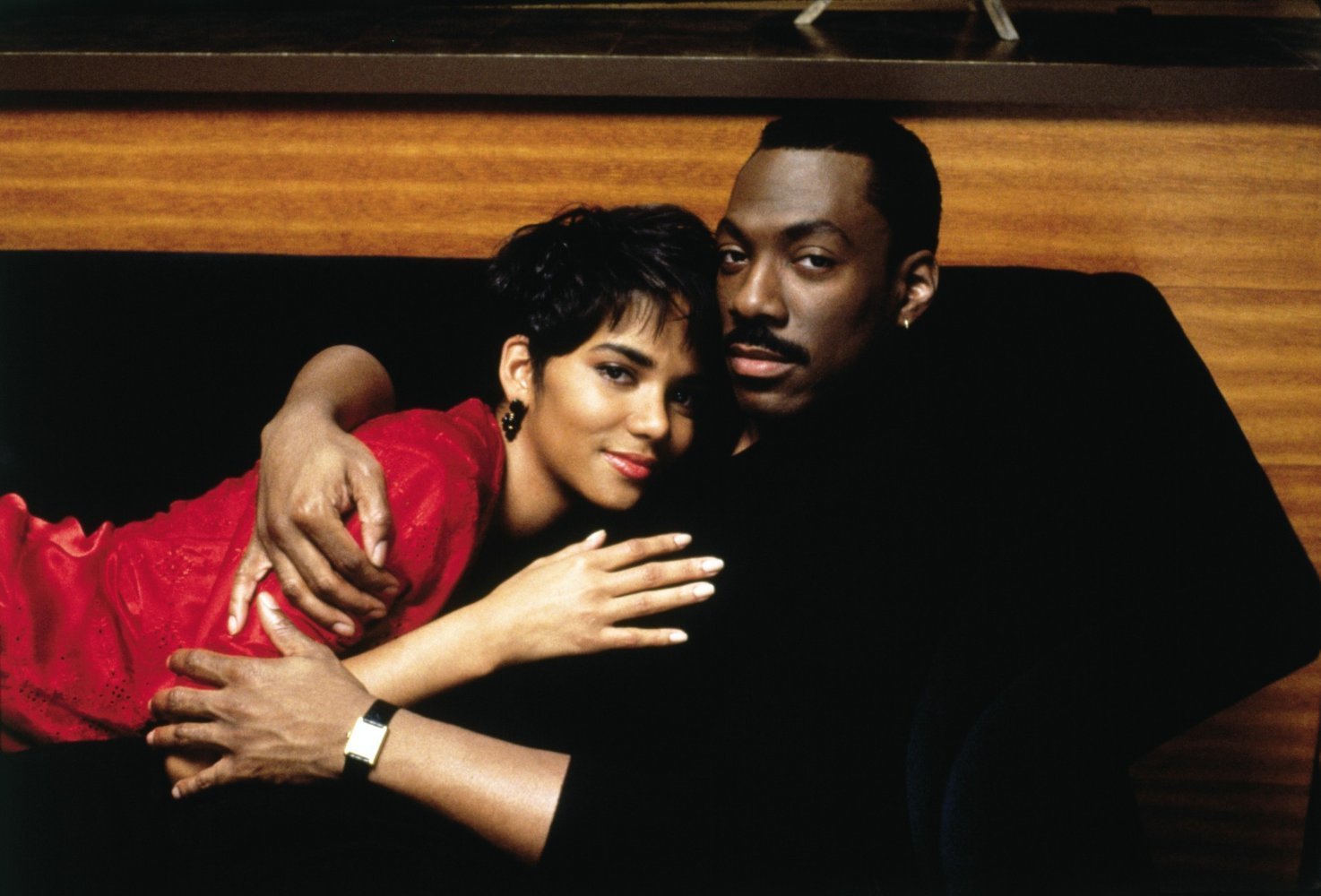
It's sometimes true: The person you're building a friendship with may be an ideal partner. Nine times of out 10, that's not the case. It didn't stop "What's Your Number?" "Boomerang," "Just Friends," and "Friends With Benefits" from trotting it out as a cure-all for single women.
Sleeping with a source will get you the interview that saves your career.
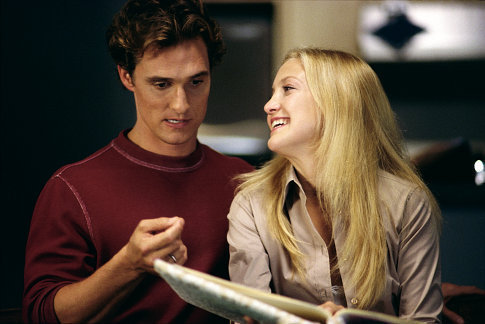
Female journalists have it rough in romantic comedies. They're perceived as incompetent misfits who will go to extreme measures to snag a story. For instance, Bridget Jones works at a publishing company, but she quits — after sleeping with her boss.
Similarly, "Trainwreck," "Never Been Kissed" and "How To Lose A Guy In 10 Days" show women journalists falling for their sources or interview subjects.
That rarely, if ever, happens. Ever. It's unethical and unrealistic.
One fight will make it clear that you were always meant to be together.
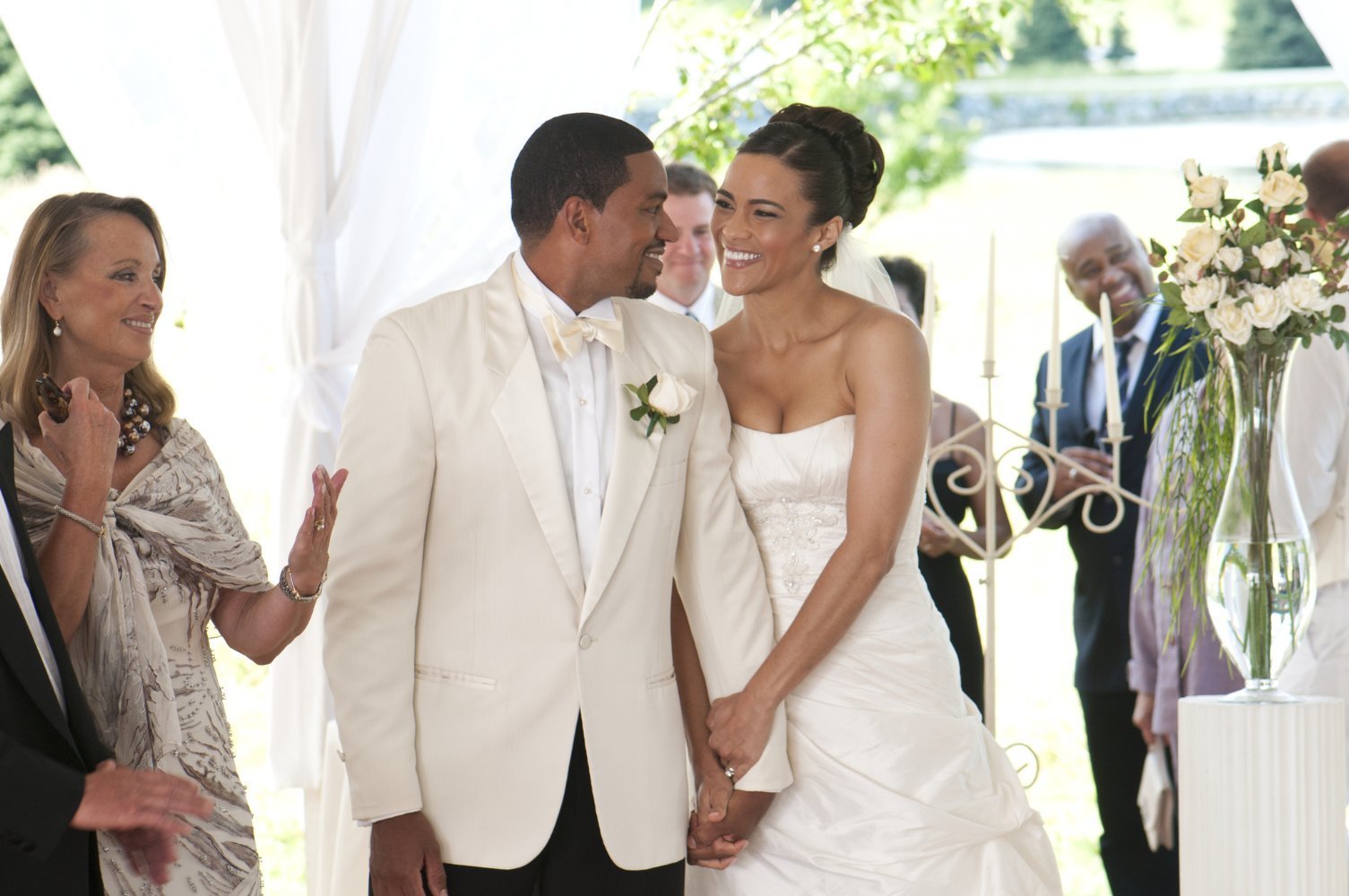
Arguments, especially those depicted in romantic comedies, should end the relationship. Each person hurls hurtful insults, as Katherine Heigl and Seth Rogen did in "Knocked Up," but apparently, that fight corrects everything wrong in the relationship. Suddenly, as it is in "Jumping the Broom," the fight illuminates all of the relationship's flaws, and gives both parties the chance to correct it.
One word: Ehh.
Men will fight each other for your love.
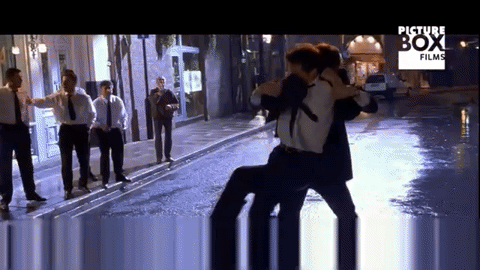
It might have happened in "Bridget Jones' Diary," but in real life? You can forget it. If it did happen, there would be multiple court hearings afterward.
The "right" woman can save an emotionally unavailable man.
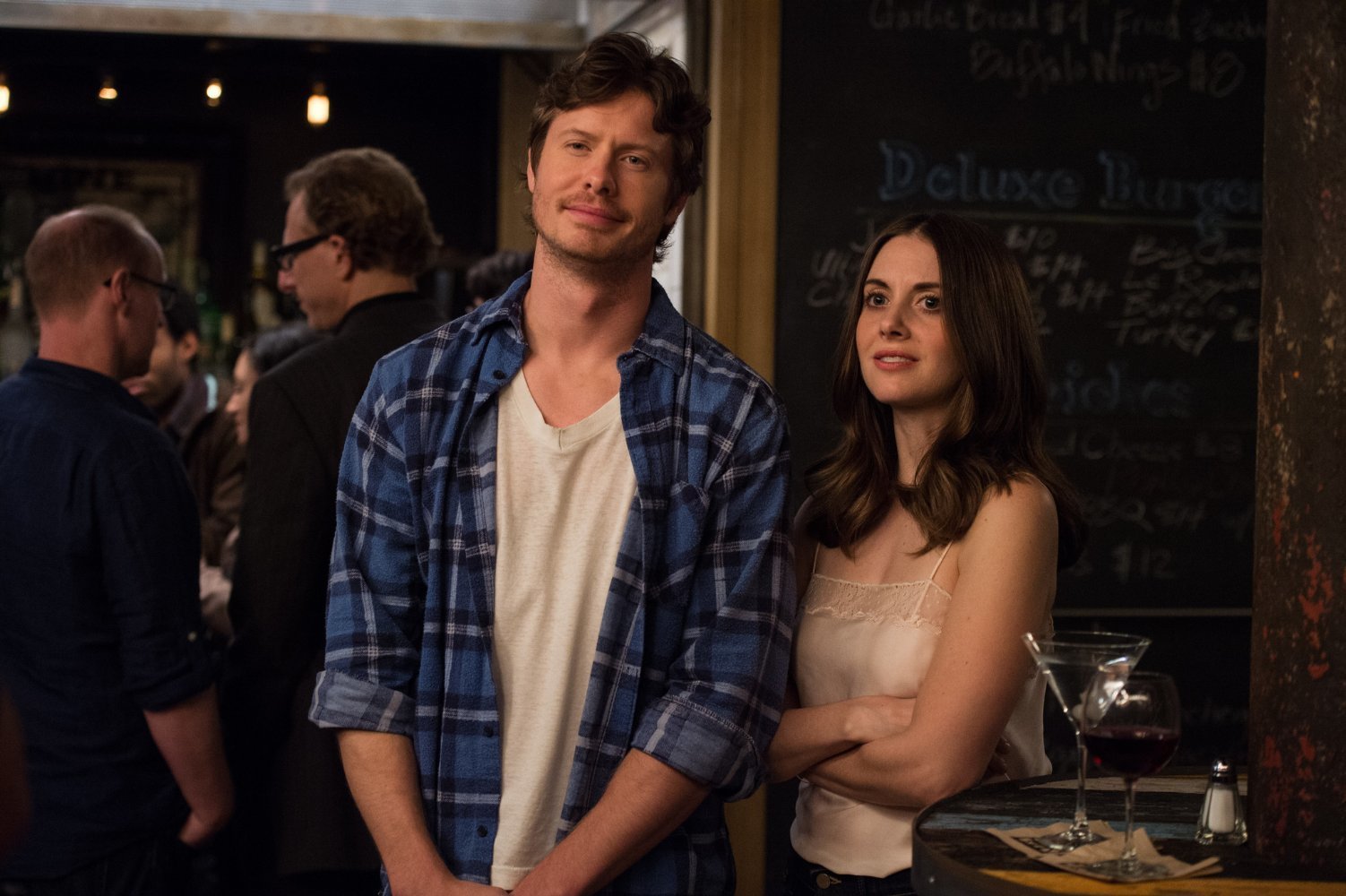
The "unavailable man" trope has recently cropped up in rom-coms, including "He's Just Not That Into You" and "How To Be Single." While the man can attract women for sex, he always makes it clear that he doesn't want more than that — until one woman changes his mind.
Emotionally unavailable men can change, but women don't spark that change.
Love won't come unless you completely upgrade your own appearance.
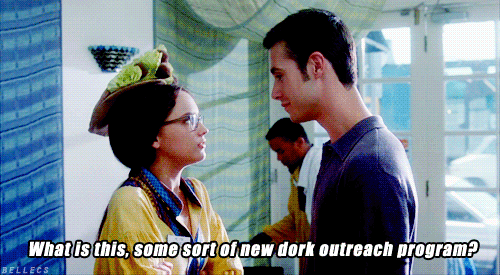
The makeovers in "She's All That" and "Clueless" are staples of romantic comedies set in high school, but it also sets a standard for how women perceive their attractiveness in relation to men.
You look perfectly fine. Change for no one but yourself.
A "good" man will save you from yourself.
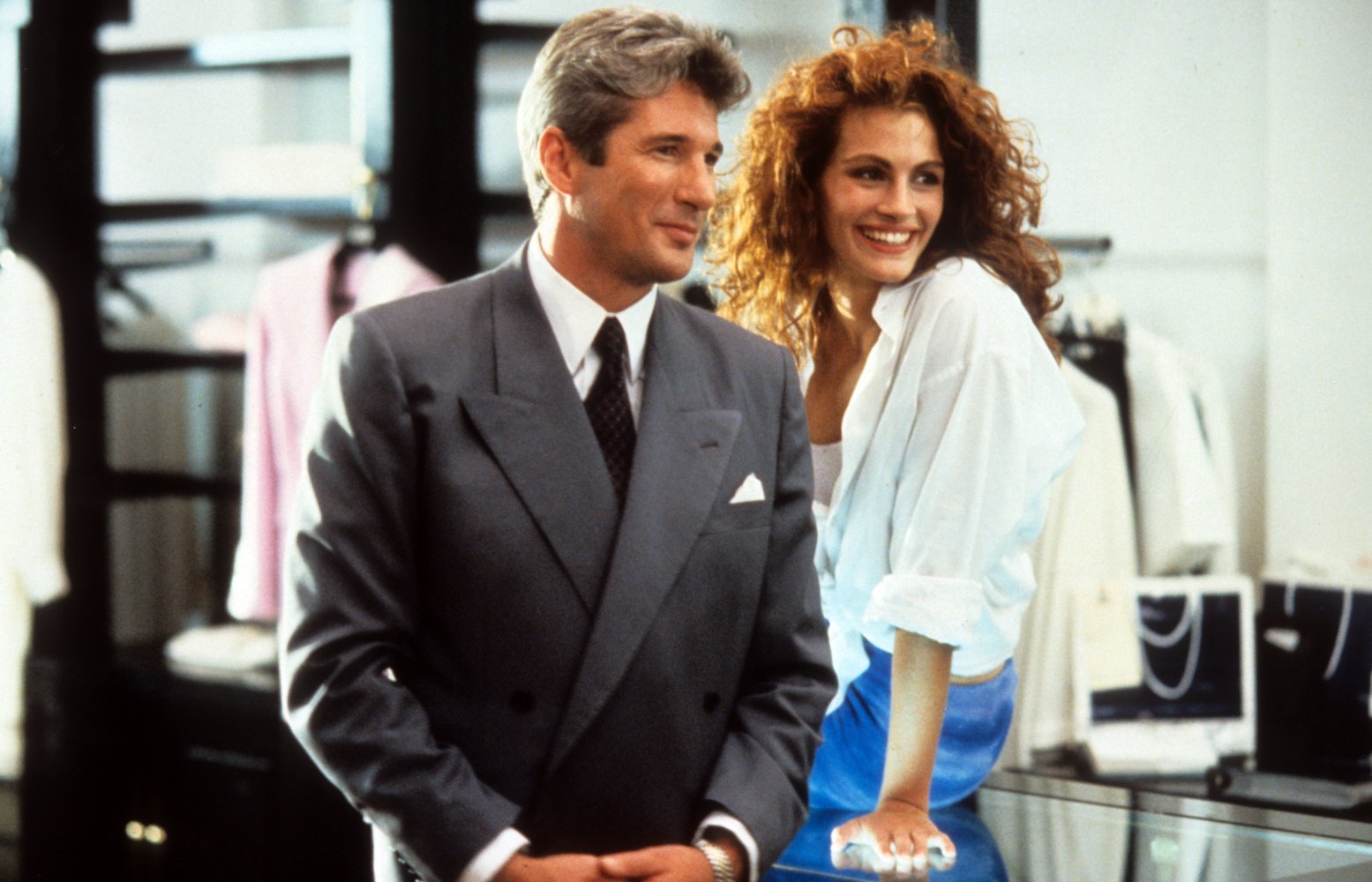
"Pretty Woman," anybody? Whether it's because the woman's career is frowned up ("Pretty Woman"), she's too shrewd ("Think Like A Man"), or she's not open to new experiences ("Something New"), men are sent to save those women.
Again, change is not facilitated by others.
Giving up your career is always the right thing to do for love.
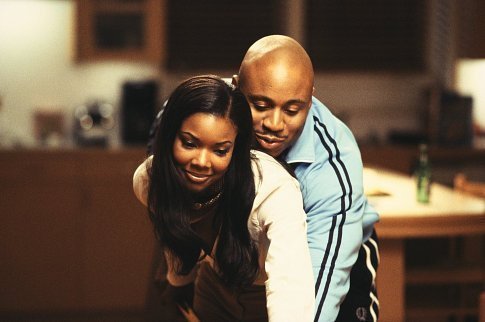
"Deliver Us From Eva" shows Eva, played by Gabrielle Union, considering turning down a promotion in another city to maintain her relationship with Ray (LL Cool J). It's a common idea trotted in rom-coms: Women should curb their careers to devote their time to their relationship.
It's an archaic concept.
Love is beautiful: It is soothing, strengthening, and healing.
However, life isn't a romantic comedy — and that's perfectly OK.




